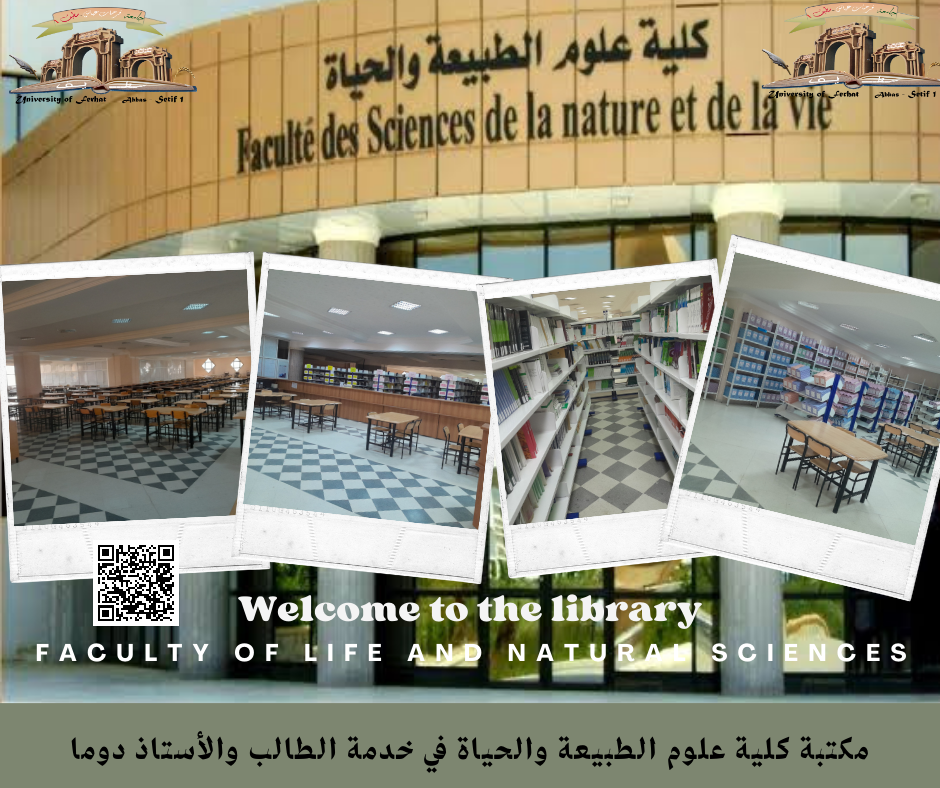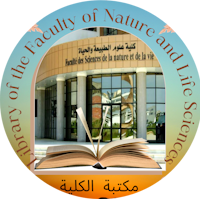Catalogue de la bibliothÃĻque de SNV
A partir de cette page vous pouvez :
| Retourner au premier ÃĐcran avec les catÃĐgories... | Votre compte | Aide |

| Titre : | Comparative assessment of the effects of Ramadan fasting on the anthropometric biochemical and haematological parameters of athletes sedentary individuals and sedentary smokers |
| Auteurs : | Said Dahmouni, Auteur ; Lekhmici Arrar, Directeur de thÃĻse |
| Type de document : | document ÃĐlectronique |
| Editeur : | SÃĐtif (AlgÃĐrie) : UniversitÃĐ SÃĐtif 1 Ferhat Abbes, 2024 |
| ISBN/ISSN/EAN : | DOC-E/287 |
| Format : | 1 vol. (104 f.) / ill. en coul. / DVD. |
| Langues: | Français |
| CatÃĐgories : | |
| Mots-clÃĐs: | Ramadan fasting ; athletes ; smokers ; anthropometric biochemical . |
| RÃĐsumÃĐ : |
Background: Ramadan, a fundamental practice in Islam, involves fasting from dawn until sunset, aiming to enhance spirituality and empathy. Despite its significance, the physiological impacts of Ramadan fasting, especially on diverse populations like athletes, sedentary nonsmokers, and sedentary smokers, are not fully understood. Prior studies have shown changes in haematological and biochemical responses during fasting, including variations in lipid profiles among athletes. However, the effects on sedentary individuals, particularly smokers, remain less explored. Aims: This research seeks to fill the gap by rigorously evaluating the effects of Ramadan fasting on various anthropometric, haematological, and blood parameters across these distinct groups. The study aims to understand how fasting interplays with physical activity levels and smoking habits, potentially affecting health outcomes. By conducting a comprehensive analysis, this thesis aims to contribute valuable insights into sports science, public health, and nutritional science, informing tailored guidelines for managing health and well being during Ramadan.
Methodology: The methodology involves evaluating Ramadan fasting effects on athletes, sedentary smokers, and non-smokers through a structured approach. Participants were selected based on specific inclusion criteria and underwent health screenings. Data were collected across seven sessions, encompassing anthropometric, haematological, and biochemical measurements, before, during, and after Ramadan. The study employed automated and spectrophotometric analyses for blood counts and biochemical markers, respectively. Statistical analysis included ANOVA and Duncan's Multiple Range Test to identify significant differences between groups, ensuring a precise examination of fasting impacts. Results and discussion: The first result shows changes in anthropometric measures among groups. Athletes experienced a decrease in body mass by 1.23 kg during Ramadan, which increased by 0.89 kg post-Ramadan. Sedentary smokers had a slight increase of 0.41 kg, while sedentary non-smokers gained 0.71 kg. Body mass index changes were minimal across groups, with a notable decrease in body fat percentage among athletes by 1.7% during Ramadan, stabilising post-Ramadan. These findings illustrate the varied physiologicalresponses to fasting based on lifestyle and smoking habits, highlighting the importance of tailored health advisories during Ramadan. The study showed haemoglobin levels in athletes decreased from 15.25 g/dl to 13.63 g/dl during Ramadan, indicating a significant impact of fasting on oxygen transport. Sedentarynon-smokers had a slight decrease to 12.95 g/dl, then increased post Ramadan, showinresilience. Sedentary smokers saw an increase to 14.22 g/dl, suggesting a compensatory response to fasting and smoking. These variations highlight the complex effects of fasting, physical activity, and smoking on haematological parameters. The biochemical analysis revealed distinct changes in lipid profiles and liver enzymes. Total cholesterol levels in athletes decreased from 4.85 mmol/L pre-Ramadan to 4.45 mmol/L, while sedentary smokers showed an increase to 5.1 mmol/L. LDL cholesterol in athletes also decreased, signifying a positive effect of fasting combined with physical activity. These results highlight the metabolic flexibility and resilience in response tofasting, with significant implications for dietary and lifestyle recommendations during Ramadan. Conclusion: This research underscores the multifaceted impact of Ramadan fasting on physical and metabolic health across different lifestyles. It reveals thatfasting induces significant physiological changes, particularly in athletes, suggesting the importance of tailored nutritional support. For sedentary individuals, the findings suggest that fasting effects are modulated by smoking habits, highlighting the need for specific guidelines for smokers. The study contributes to a deeper understanding of fasting health implications, offering a foundation for future research and practical guidance to optimise health outcomes during Ramadan. |
| En ligne : | http://dspace.univ-setif.dz:8888/jspui/retrieve/8553/2341.pdf |
Exemplaires
| Code-barres | Cote | Support | Localisation | Section | DisponibilitÃĐ |
|---|---|---|---|---|---|
| D/525 | DOC-E/287 | DVD et CD | Bibliothèque SNV | Englais | Disponible |

